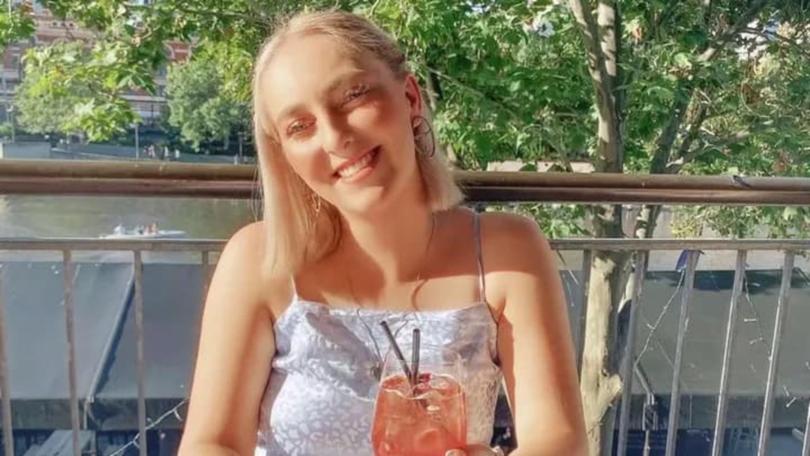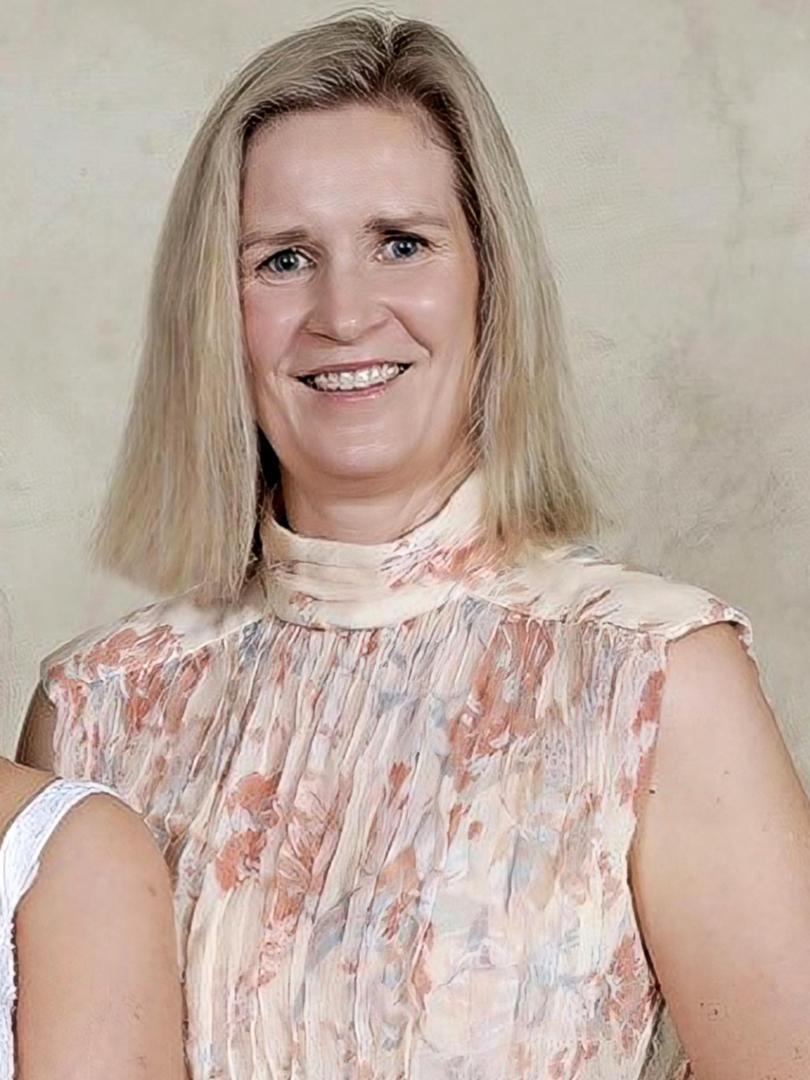KATE EMERY: Stop playing the mental health card for accused murderers
KATE EMERY: Isn’t it great how much we all care about everyone’s mental health these days? I mean it. Mostly. But...

Isn’t it great how much we all care about everyone’s mental health these days?
I mean it. Mostly.
But, if my statement comes off as a little sarcastic, there’s a good reason for that. Because if there’s one person’s mental health I’m really not all that interested in right now it’s that of the 21-year-old man accused of murdering his ex-girlfriend, Hannah McGuire.
Sign up to The Nightly's newsletters.
Get the first look at the digital newspaper, curated daily stories and breaking headlines delivered to your inbox.
By continuing you agree to our Terms and Privacy Policy.I don’t really care how he’s holding up.
I don’t want to know whether he’s coping with being in jail.
Nor am I losing sleep wondering how he’s handling the media attention since his face and name went public.
Yet there it is anyway, the inevitable focus on the “declining” mental health of Lachie Young, the man who has been charged with McGuire’s murder.
Poor guy. I sure hope he’s OK.
No doubt it’ll be a great comfort to McGuire’s parents that her accused killer’s mental health is front and foremost in everyone’s mind, while they plan their daughter’s funeral.

McGuire’s body was found in a burnt out car southwest of Ballarat, although police will allege that she was killed by Mr Young at his house before he drove her to Scarsdale and set the car on fire.
Like anyone charged with a crime in Australia, Mr Young is innocent until proven guilty.
Of course.
But why is it that, whenever a man is charged with the murder of a woman, as seems to happen more often than I wash my bedsheets just lately, the mental health card comes straight out of the pack?
Because this isn’t just an isolated incident.
This time it was Mr Young’s lawyer, telling the Ballarat Magistrate’s Court about the declining state of his mental health. It was bad enough that, reportedly, family members had to bring medication to the courthouse.
Last month it was the lawyer for Patrick Orren Stephenson, the 22-year-old Victorian man accused of murdering Samantha Murphy.

Ms Murphy was last seen on February 4 after going for a run. Her body has not been found but police allege she was killed that day.
Mr Stephenson’s lawyer applied — and was granted — an interim suppression order, telling the court that Mr Stephenson’s name should be kept secret in part because of concerns about his mental health. The court also heard he had no history of mental health or drug issues.
That suppression order was challenged and ultimately lifted, which is why I can write his name here.
Even after the murder of Lilie James, the 21-year-old water polo coach killed at St Andrew’s Cathedral school in Sydney late last year, the focus somehow turned to the mental health of her suspected killer, her ex-boyfriend and colleague, Paul Thijssen, 24.

Writing in a newsletter, the school’s former headmaster, John Collier said of Mr Thijssen: “He was not a monster; rather, in the last five hours of his life, he committed a monstrous act which was in complete contradiction to what everyone who knew him observed in the rest of this short life. What led to his mental disintegration? Was it a psychotic episode that was deeply out of character?”
Mr Thijssen’s body was later recovered from a popular suicide spot, where police believe he took his own life.
For all my flippancy at the start of this column, mental health matters.
But, if we care about what goes on in the heads of men who murder their intimate partners — as we should — let the focus be on what drives them to domestic violence and how we can prevent it.
And don’t ask me to feel sorry for the man in the dock, rather than the woman in the ground.
Lifeline 13 11 14
1800 Respect
MensLine 1300 789 978
Originally published on The Nightly
